Newsroom
UNMC joins consortium for medical innovation
The Global Consortium of Innovation and Engineering in Medicine aims to advance medicine through collaboration.
Mar 3, 2026
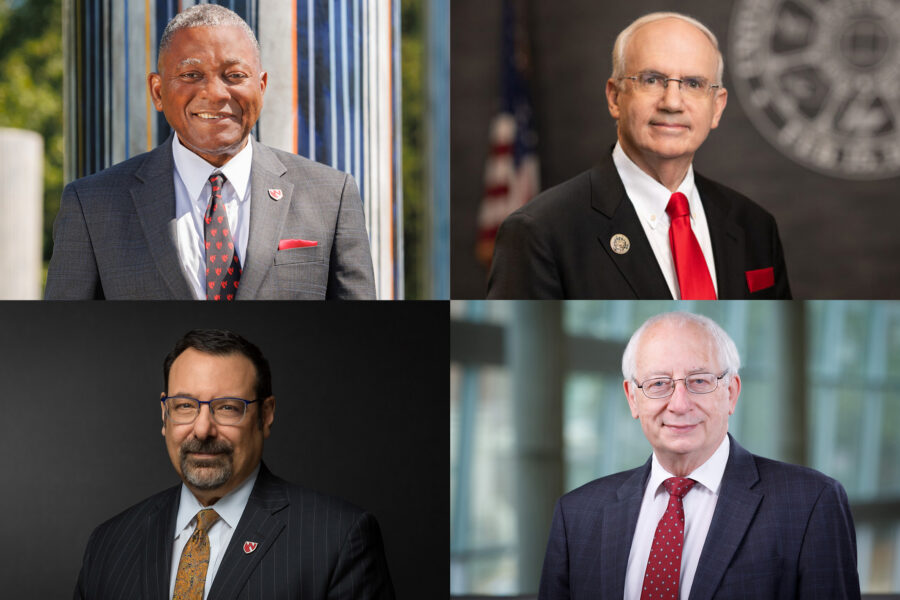
Impact in Education: Therese Mathews, PhD
Dr. Mathews is an associate professor in the UNMC College of Nursing.
Mar 3, 2026
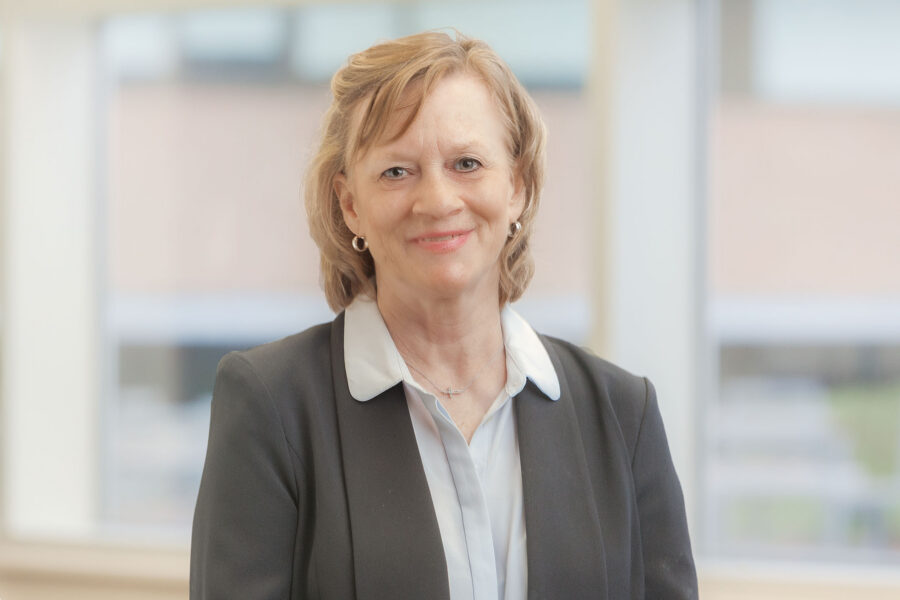
UNMC discounts available for Omaha Performing Arts shows
Performances include ‘& Juliet,’ Endea Owens, ‘Discovering the Galapagos,’ Etienne Charles and ‘SIX The Musical.’
Mar 3, 2026
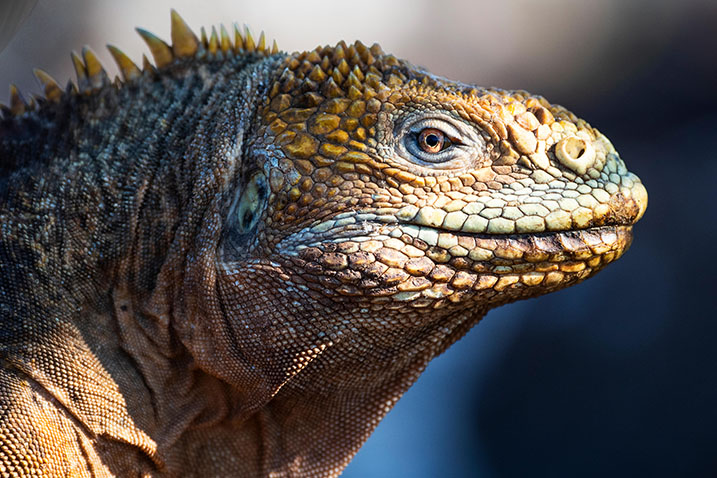
Center for Healthy Living promotes ‘Lifting for Longevity’
Strength training is a powerful habit to counter age-related muscle loss.
Mar 3, 2026
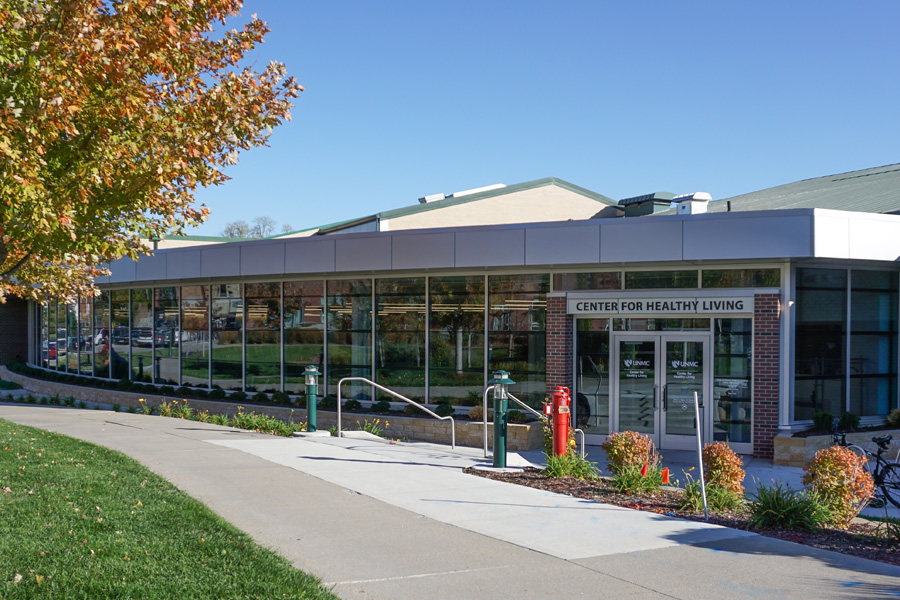
Tammy Webster, PhD, named finalist for allied health dean
Dr. Webster, executive associate dean of the UNMC College of Allied Health Professions, will deliver a campus presentation Monday, March 9 on the UNMC Omaha campus.
Mar 2, 2026
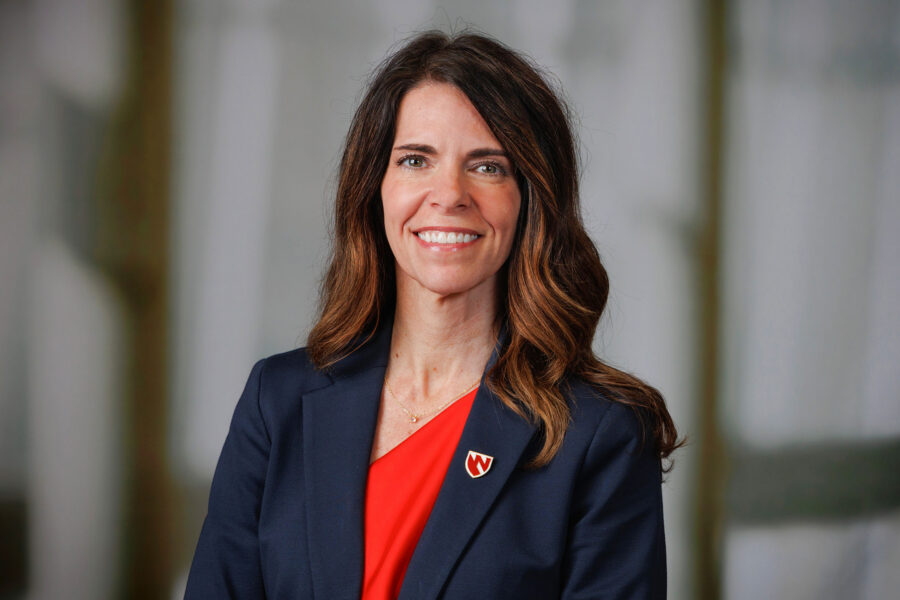
Impact in Education: Cory Rohlfsen, MD
Dr. Rohlfsen is an assistant professor of internal medicine in the UNMC College of Medicine.
Mar 2, 2026
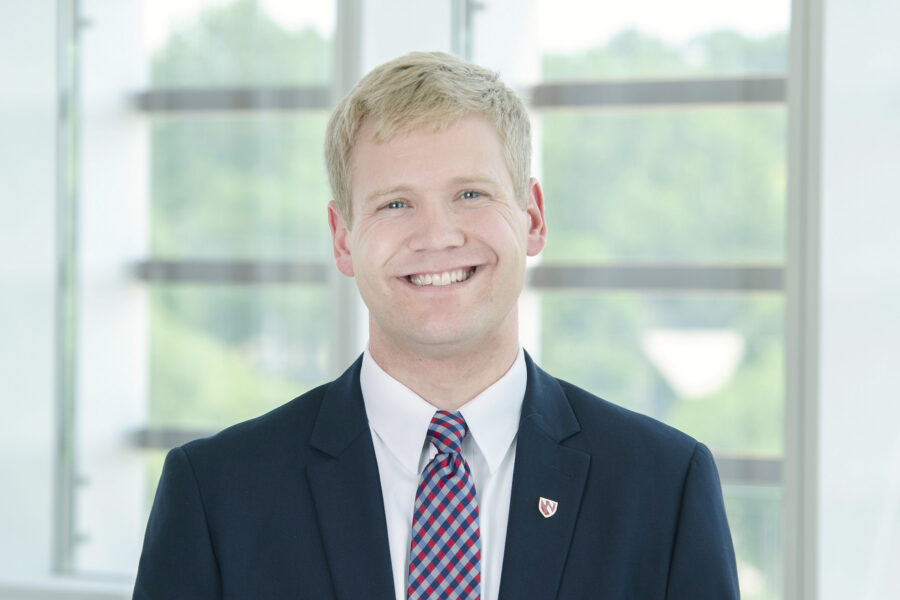
UNMC Bookstore running clearance sale
In April, Barnes & Noble College will assume management of retail and online operations at the store.
Mar 2, 2026

Tickets available to The Ten Tenors
UNMC employees and students can enter a drawing for a limited number of tickets to a March 14 performance.
Mar 2, 2026

Listening sessions on next UNMC chancellor are March 5
Faculty, staff and students are welcome to attend two sessions that will be held in the Sorrell Center on the UNMC Omaha campus.
Feb 27, 2026
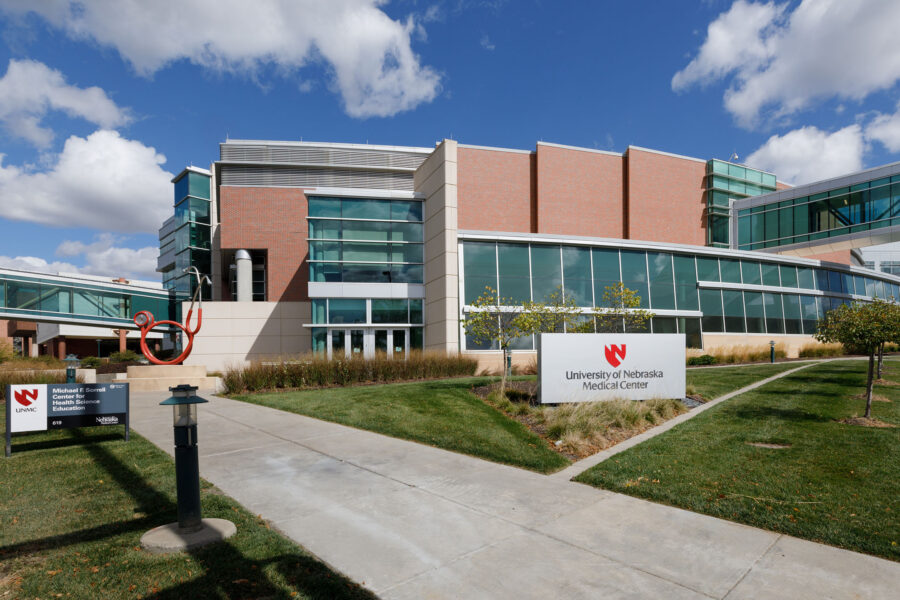
Impact in Education: Nathan Sutera, PharmD
Dr. Sutera is a clinical assistant professor and pharmacy coordinator in psychiatry with the UNMC College of Pharmacy.
Feb 27, 2026
